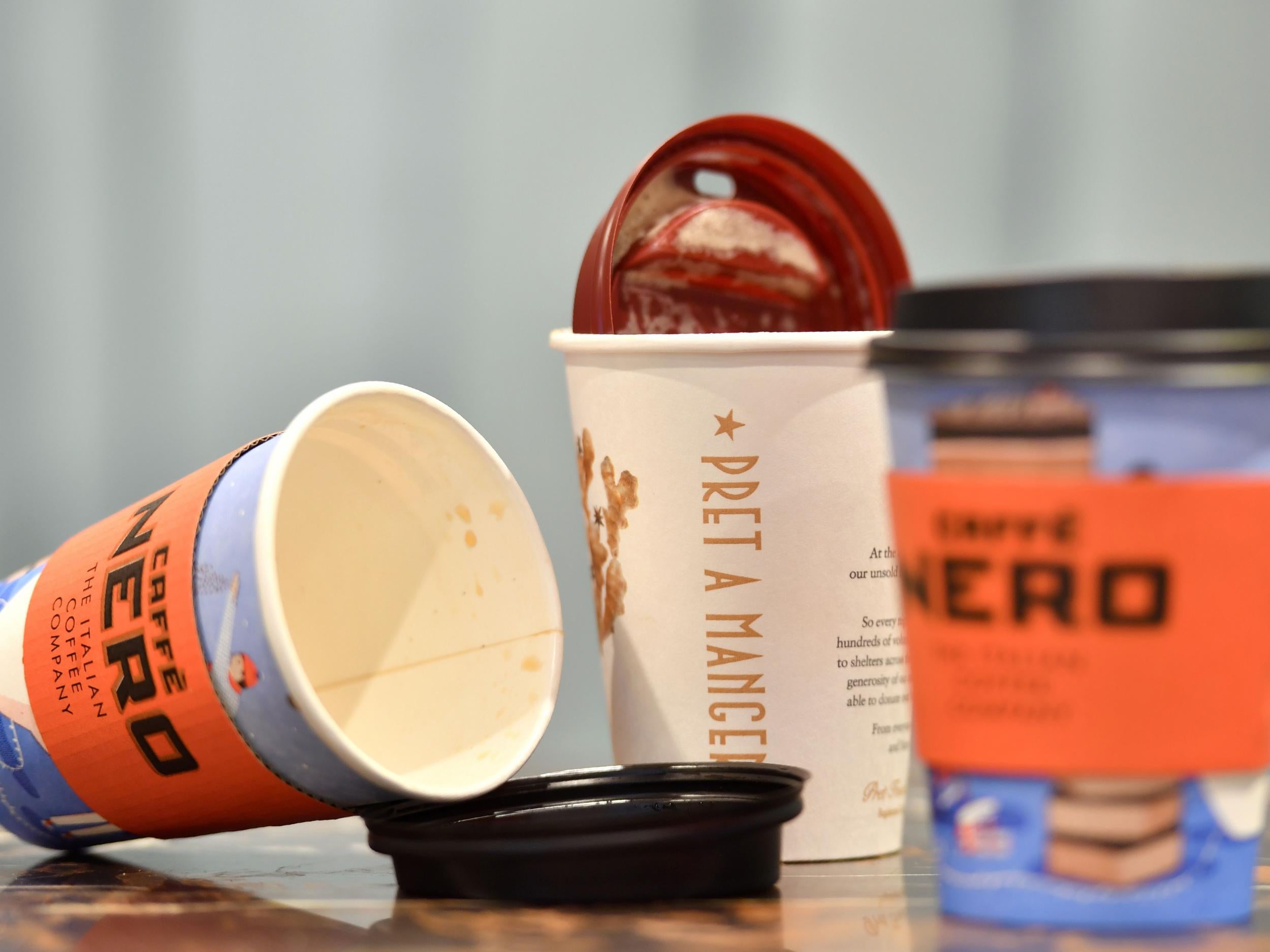Victory for The Independent’s Cut the Cup Waste campaign paves the way towards a greener future
The significance of this campaign is that, by choosing our targets carefully and working with the grain of public opinion, our readers can influence government policy

Your support helps us to tell the story
From reproductive rights to climate change to Big Tech, The Independent is on the ground when the story is developing. Whether it's investigating the financials of Elon Musk's pro-Trump PAC or producing our latest documentary, 'The A Word', which shines a light on the American women fighting for reproductive rights, we know how important it is to parse out the facts from the messaging.
At such a critical moment in US history, we need reporters on the ground. Your donation allows us to keep sending journalists to speak to both sides of the story.
The Independent is trusted by Americans across the entire political spectrum. And unlike many other quality news outlets, we choose not to lock Americans out of our reporting and analysis with paywalls. We believe quality journalism should be available to everyone, paid for by those who can afford it.
Your support makes all the difference.We could not have imagined that our campaign against single use plastics and for a latte levy on disposable coffee cups would be met with such rapid success. We launched our Cut the Cup Waste campaign in January this year and today we report that Robert Jenrick, a Treasury minister, signalled that Philip Hammond, the chancellor, will be acting to reduce waste in this autumn’s budget.
We have yet to see which specific proposals the government will adopt. The Independent has supported a range of ideas, from a 25p levy on disposable cups to an increase in the existing tax on non-recyclable plastic packaging known as “packaging recovery notes”.
But the reaction to the Treasury’s consultation exercise – 162,000 responses, overwhelmingly in support of the principle – make government action a certainty. We will continue to hold the chancellor, and Michael Gove, the environment secretary, to account for the measures to come in the budget, while also preparing to use the momentum of this success to urge the government to go further and faster towards environmental sustainability.
The significance of this campaign is that, by choosing our targets carefully and working with the grain of public opinion, our readers can influence government policy. First it was carrier bags; now it is plasticised paper cups.
Coffee cups and shopping bags are only the most visible of single use plastics, but the success of these campaigns should be stepping stones to reducing our dependence on plastics generally – thus cutting down on landfill waste as well as on the pollution of our oceans.
We need to keep up the pressure on the government to extend the principle of green taxes to all kinds of plastics, and indeed to all kinds of pollution, including and especially that which contributes to global warming.
As we said when we launched this campaign, single use coffee cups are only a tiny part of the modern economy built on the unsustainable use of natural resources.
There remain daunting problems of more fundamental changes in lifestyles and of coordinating international action. But by building support for the “polluter pays” principle, the campaign can pave the way for a broader advance for the green cause.
Thank you to our readers for your support. Together we can reduce, reuse and recycle.
Join our commenting forum
Join thought-provoking conversations, follow other Independent readers and see their replies
Comments